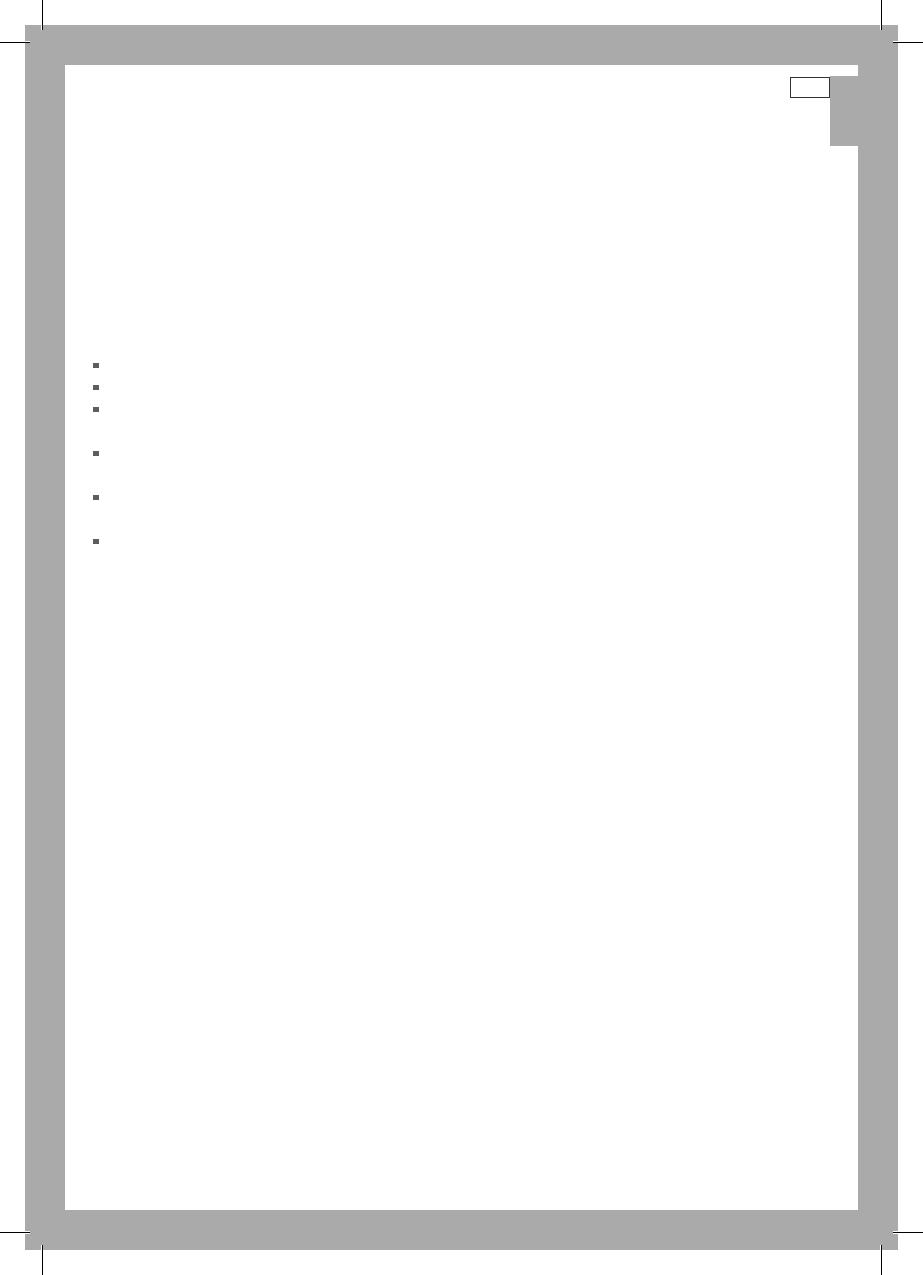
7
EN
Preparing to install
Please read this instruction manual carefully in order to obtain the best results from the use of
the wall canopy.
If you need any technical help or would like more information about our products, please do
not hesitate to contact your local Fisher & Paykel retailer.
Preparing the wall canopy for installation
Before installing your wall canopy:
Please read the instructions carefully.
Unpack the canopy and check that all functions are working.
Ensure that the voltage (V) and the frequency (Hz) indicated on the serial plate match the
voltage and frequency at the installation site.
Check that the area behind the installation surface to be drilled is clear of any electrical cables
or pipes, etc.
The stainless steel and glass surfaces of the canopy are very easily damaged during installation if
grazed or knocked by tools. Please take care to protect the surfaces during installation.
Protect the cooktop surface below with cardboard, or the like, to prevent damage occurring
whilst the wall canopy is being installed above.
The manufacturer shall not be liable for failure to observe all safety regulations in force for the
correct and normal operation of electrical parts.
Ducting options
Recirculation
To recirculate your wall canopy, please purchase a recirculation kit (part no. 791820). The
recirculation kit is required to channel the air out through the side-vents at the top of the flue.
Note: a ducting hole is not required in the wall or ceiling if a recirculation kit is fitted.
Ducting
For ducted installation, it is recommended that you use 150 mm diametre, rigid or semi-rigid
ducting. This will require a 160 mm (min) round hole in the ceiling, which the decorative
chimney will cover. Care should be taken to align the canopy with the decorative chimney
allowing sufficient clearance to accommodate the ducting.
For optimal efficiency, use smooth-wall, solid galvanized or plastic ducting for reduced noise
and increased airflow. Flexible ducting should only be used as a last resort (ie in difficult
installations) and if used, ensure that it is pulled tight.
The smoother, straighter and shorter the ducting the quieter and more efficient the wall canopy
will perform.
All ducting must comply with local requirements and building codes.


















